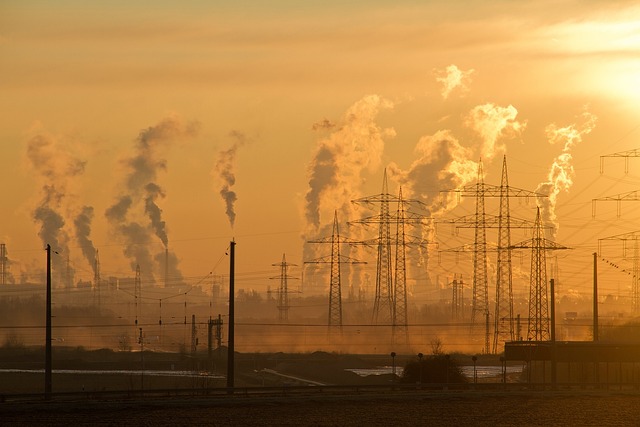Deforestation is often discussed in the context of loss of biodiversity and climate change, but its impact stretches far beyond the visible destruction of forests. One of the most pressing yet often overlooked consequences is its contribution to water pollution, a silent threat that reverberates through our environments and ecosystems.
When trees are cut down, the natural balance of ecosystems is disrupted. Forests play a crucial role in filtering rainwater, absorbing pollutants, and maintaining the quality of nearby water bodies. Without trees, soil erosion becomes rampant, leading to increased sediment runoff into streams and rivers. This sedimentation can suffocate aquatic life, disrupt food chains, and diminish the quality of water available for local communities.
Moreover, deforestation exposes the land to harsh weather conditions, making it more susceptible to flooding. During heavy rains, without the absorption capacity provided by trees, water flows rapidly over the land, carrying with it pollutants such as fertilizers, pesticides, and chemicals used in agriculture. These contaminants can corrode ecosystems, leading to further degradation and threatening both wildlife and human health.
In addition to physical pollutants, the environmental changes brought about by deforestation also contribute to climate change. Increased carbon emissions from deforested areas exacerbate global warming, leading to more erratic weather patterns and, subsequently, altered precipitation levels. These changes can result in either droughts or intensified rainfall, both of which have profound implications for water quality. For instance, increased rainfall can lead to both flooding and runoff, carrying even more pollutants into our waterways.
As the world grapples with climate change, it is increasingly clear that the health of our forests is intrinsically linked to the purity of our water sources. Communities are seeing firsthand how deforestation diminishes their access to clean water, creating a vicious cycle where water pollution perpetuates poverty and health issues. It is essential for us to recognize that preserving forests is not merely an environmental concern but a human right. Clean water is vital for survival, and protecting our ecosystems ensures it remains accessible for generations to come.
Addressing water pollution requires a holistic approach to tackle the root cause—deforestation. By advocating for sustainable forestry practices, reforestation efforts, and policies that prioritize ecological health, we can reverse the damage done and prevent further pollution of our water bodies. In this way, we are not only safeguarding the environment but also nurturing our own well-being and the future of our planet.




